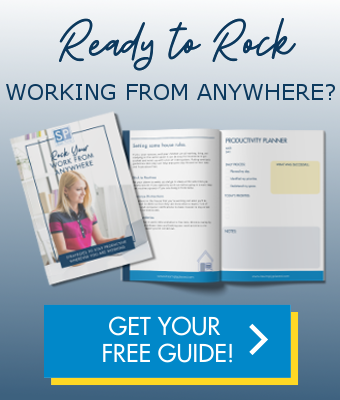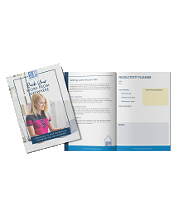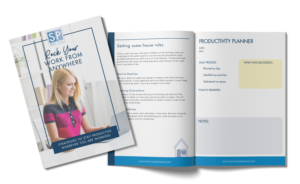
Twice each year, most of us (outside of Arizona and Hawaii) reset our clocks, “springing forward” one hour in the spring and “falling back” one hour in the fall. Changing the time by one hour doesn’t just affect your physical clocks; it can throw off your body’s internal clock, too. Let’s face it: it is DARK again at 6am!
Adjusting to these time changes is different for everyone. Some people adjust quite easily, but for others, it takes more time – similar to traveling across time zones. How the time change affects you depends on your own personal health, sleep habits and lifestyle.
What time of day are you most productive?
Are you a morning or an evening person? That little one-hour time change can make a surprisingly big difference in your productivity and energy. Some people struggle to adjust to the darker morning hours from “springing forward”, while many savor the extra daylight at the end of the day. What time of the day are you the most productive?
If you’re currently working from home, you may have a more flexible schedule and find it easier to adjust to the time change. Without a commute to factor in or the need to pack a lunch, you may not feel the same time crunch to get out the door as you would if you were working from a commercial office.
Regardless, it is important to remember to practice good sleep habits. This includes putting your electronic devices away at least an hour before you plan to go to sleep. Opt for activities that are calming – a warm bath, a good book or even meditation. Avoid caffeine in the late afternoon and evening, and stick to your same bedtime schedule, going to sleep and waking up at your usual times. While individual needs vary, the average person does well with between 7 and 9 hours of sleep each night.
If your energy dips and you need to take a nap during the day, do so in moderation and for no more than 20 minutes. That is just enough time to improve your mood and alertness to get you through the rest of the day. Spending time outdoors to reset your circadian rhythm can also make a big difference in your energy during the day. Physical activity can help us feel more alert and awake. Take a break and walk outside for 30 minutes of fresh air; you’ll be glad you did!
What strategies do you find most helpful when adjusting to a time change?
Did you find “springing forward” during this time change easier than in the past because you’re working from home? If not, and if you find you are struggling with adjusting and could use help tuning up your daily habits and routines to boost your productivity, schedule a free, no-risk Discovery Call today. We would love to help you perform at your peak level every day of the year!
PS: last week, we shared some semi-annual tasks that are great to pair with a time change. Though we changed the clocks a couple of days ago, they’re still great ideas – You can check that out here.






